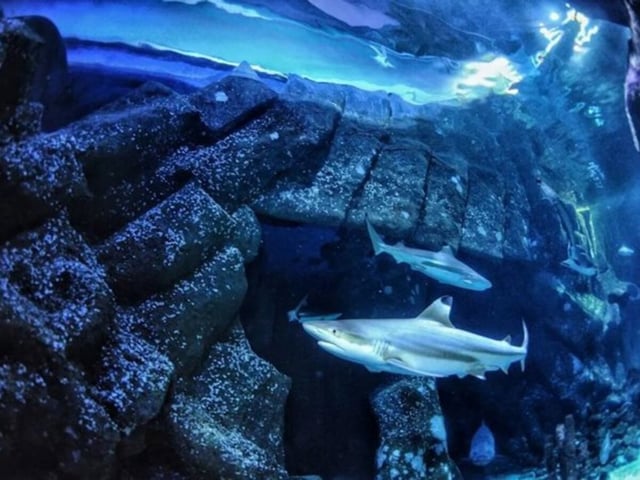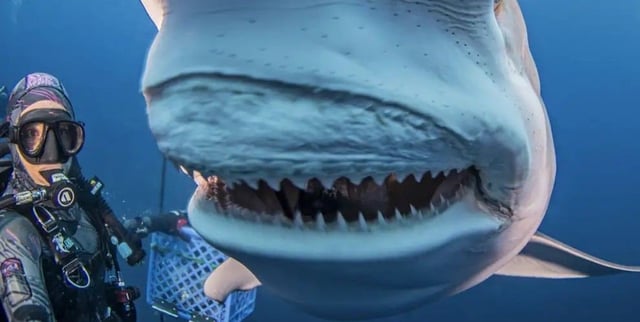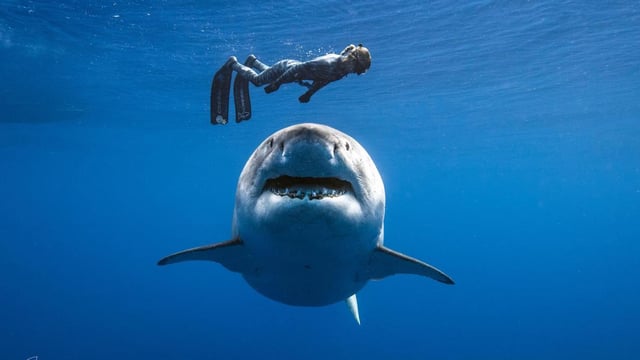Overview
- Peer‑reviewed research from Heinrich Heine University in Frontiers in Marine Science reports that shark teeth become more fragile when exposed to more acidic seawater.
- Discarded blacktip reef shark teeth were incubated for eight weeks in 20‑liter tanks at present‑day pH 8.1 and a projected future pH 7.3 to compare outcomes.
- Teeth at lower pH showed visible surface cracks, holes, increased root corrosion, and structural degradation, with 2D images indicating rougher surfaces rather than growth.
- The authors note that live sharks can remineralize or replace teeth, yet acidic conditions could increase energetic costs and pose heightened risks for species with constant tooth exposure such as blacktip reef sharks.
- With projections that average ocean pH could fall from about 8.1 today to roughly 7.3 by 2300, the team calls for mechanical‑resilience testing and in vivo studies to gauge ecological implications.


